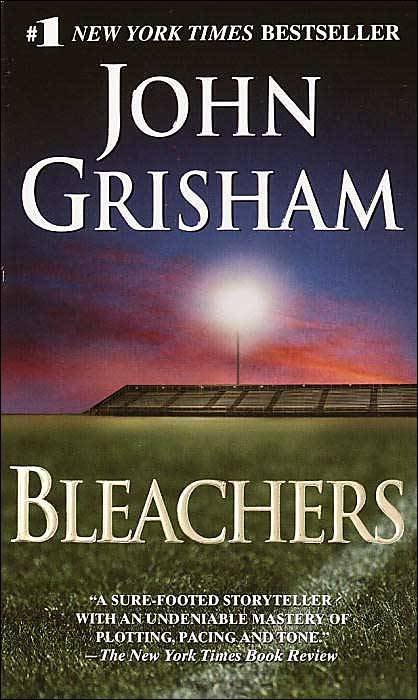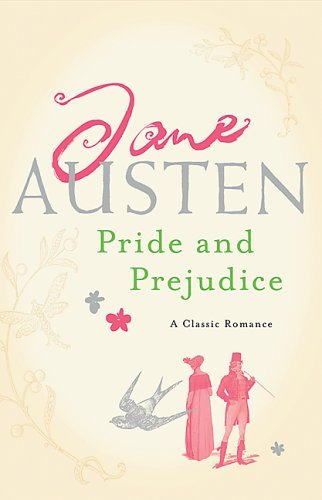 In the third instalment of Joe Ducie’s Reminiscent Exile series,
readers find a high current of fast-paced action, clever dialogue and
fantastic world (multiverse) building. Knight Fall stands on its own as an entertaining, but all too quick, read and a fine continuation of the overall series.
In the third instalment of Joe Ducie’s Reminiscent Exile series,
readers find a high current of fast-paced action, clever dialogue and
fantastic world (multiverse) building. Knight Fall stands on its own as an entertaining, but all too quick, read and a fine continuation of the overall series.The narrative uses various in-story tropes to weave together the past and present, from visions and flashbacks to magical means. The significance of the past, and history as a whole, works as a prominent motif in the story, massively influencing the plot. This novel is full of surprises and beautifully constructed scenes. The trick, and challenge, is to read it slowly, to pace yourself, because the urge to finish it in one setting is all-too-compelling.
Declan Hale, our brooding protagonist, returns in all his one-eyed splendour. His actions throughout the novel demonstrate how utterly formidable he is, why people are right to fear him, and the devastating consequences that hinge on his every action. Despite displaying more raw, brute force in the scenes in Voraskel than in the previous two novels, most of the confrontations work like puzzle pieces, solved by a clever dose of wit and ingenuity rather than hammering away with Will. I think this is the best approach that Ducie could have taken with his fight scenes. An epic battle between two colossal forces, while memorable and fantastic, can only be done so many times; and should probably only be reserved for the most significant moments.
Emily Grace, the immortal queen, returns in this novel, not so much a villain but as a companion to our protagonist. Emily is still ruthless and cold and calculating, but there’s a certain charm to her every action, of quality of character that can only described as “graceful.” I quite liked Emily Grace as a villain, or at least as an antihero. It was amusing to find that she had such chemistry with Declan despite the fact that she was the queen of the faction that the hero fought and killed and shed blood to defeat. Her scenes with Declan in the first two books showed promise of being a great recurring villain with the kind of cunning, manipulative force that trumps brute strength.
In a previous review, I said that the Reminiscence Exile is, at its heart, a romance story. With Knight Fall, that assessment remains unchanged. Declan will always carry the women he loved with him, as intangible as the merry band of literary ghosts in his bookstore. His reminiscences, his longing, his nostalgia are all a significant aspect of his makeup, as real as the idea of love lost, of pain endured, sacrifices rendered, and guilt everlasting.
Speaking of the Everlasting, we find out more about them than ever have before. We learn a childhood song sung in fear of them, we learn how many there are and what their qualities entail. Ducie creates these cosmic entities, great and powerful gods and goddesses, and he pits our single, lonely, drunken hero against them. At least it promises to be an amusing ride.
There are a couple things that I didn’t like about Knight Fall. One, there was not enough Annie Brie. Her characterization was one of the highlights in Broken Quill, one of its goddamn strengths, and her fleeting appearances here are notable. Two, in some of the battle scenes, Declan came off too all-powerful. Not to say that Declan’s weaknesses didn’t shine through with brilliance. This isn’t titled Knight Fall for nothing.
Knight Fall is a great installment to an already fantastic series. Ducie has carved a name for himself as a talented writer able to seamlessly blend the mythic with the urban, the ordinary with extraordinary and the mundane with the marvellous. I hope he keeps writing, the longer works the better.




